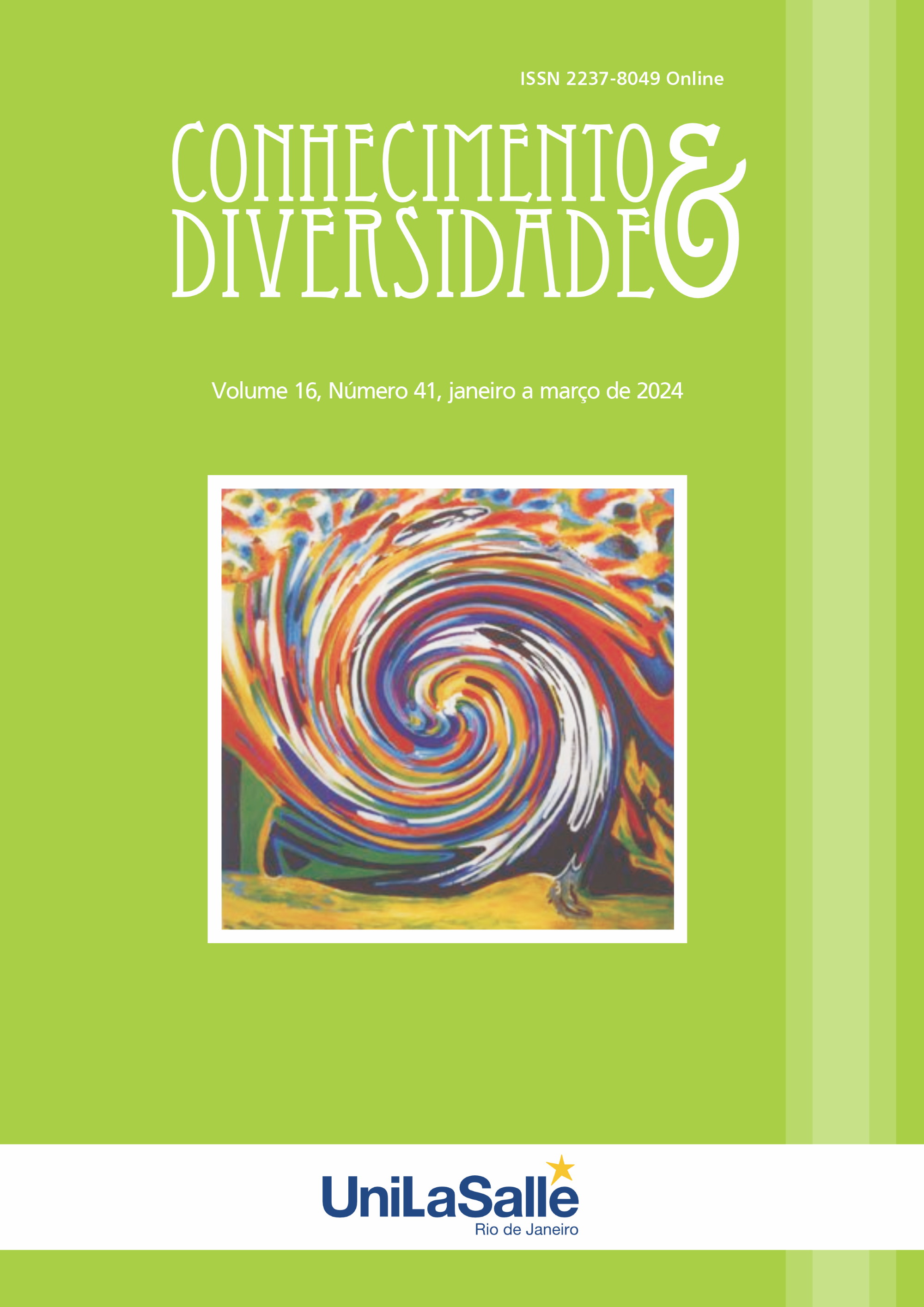EXPECTATIVAS DOS EMPREGADORES E PERCEPÇÕES DOS APRENDIZES SOBRE AS HABILIDADES E CONHECIMENTOS DOS GRADUADOS DE CONTABILIDADE-AUDITORIA NO VIETNÃ
DOI:
https://doi.org/10.18316/rcd.v16i41.11468Palavras-chave:
Contabilidade, Auditoria, Gap, Expectativas, Habilidades, ConhecimentoResumo
No contexto de integração e globalização, o crescente mercado de trabalho faz com que a demanda por recrutamento seja cada vez maior, exigindo insumos de qualidade, principalmente em setores populares e necessários como contabilidade e auditoria. A transição de um ambiente de aprendizagem para um local de trabalho torna-se ainda mais difícil não só para os estudantes, mas também para as empresas no processo de recrutamento. Os graduados devem identificar conhecimentos e habilidades profissionais para poder atender às exigências dos empregadores. O estudo visa explorar a lacuna entre as expectativas dos empregadores e as percepções dos alunos sobre os conhecimentos e competências dos licenciados em contabilidade e auditoria. A pesquisa que utiliza métodos qualitativos combinados com métodos quantitativos apresenta os resultados preliminares da pesquisa por meio de questionários e pesquisas com 235 estudantes de contabilidade e auditoria em universidades de economia e 157 empregadores em Hanói, Vietnã. Os resultados do Teste T Indenpent-Samples mostraram que havia uma lacuna significativa entre as expectativas dos empregadores e as percepções dos alunos. Esses conhecimentos e habilidades precisam ser melhorados para garantir que os graduados em contabilidade e auditoria possam completar e atender aos requisitos de futuros empregos.
Referências
Atanasko Atanasovski, Zorica Bozhinovska Lazarevska, (2018), “Accounting Students’ and Employers’ Perceptions on Employability Skills in the SEE Country”.
Bình Bùi and Brenda Porter, (2010), “The Expectation-Performance Gap in Accounting Education: An Exploratory Study”.
Botes, V. L., (2009) “The perception of the skills required and displayed by management accountants to meet future challenges”.
Jackling, B., & de Lange, P., (2009), “Do accounting graduates' skills meet the expectations of employers? A matter of convergence or divergence. Accounting Education: An International Journal”, 18(4-5), 369-85.
Juliana Anis Ramli, Khairul Nizam SurbainiZulkifli Zainal Abidin, Mohd Rizuan Abdul Kadir, (2013), “Examining Pre-Internship Expectations among Employers on the Students' Characteristics and Internship Program: The Empirical Study of Malaysian Government-Linked Company's University”.
Low, M., Samkin, G. & Liu, C, (2013), “Accounting Education and the Provision of Soft Skills: Implications of the recent NZICA CA Academic requirement changes”. E-Journal of Business Education & Scholarship of Teaching, 7(1), 1- 33.
Mai Thi Quynh Lan, (2018), “Skill Gap from Employers’ Evaluation: The Case of Graduates from Vietnam National University, Hanoi”.
Marshall, P., Dombroski, R., Garner, R., & Smith, K., (2010), “The accounting education gap”. CPA Journal, 80(6), 6-10
Marie H.Kavanagh and Lyndal Drennan, (2008), “What skills and attributes does an accounting graduate need? Evidence from student perceptions and employer expectations”.
Mary Low, Vida Botes, David Dela RueJackie Allen, (2016), “Accounting Employers’ Expectations - The Ideal Accounting Graduates”.
Mohammed Getahun và Deresse Mersha, (2020), “Skill gap perceived between employers and accounting graduates in Ethiopia”.
Mohamed Faker Klibi và Ahmed Atef Oussii, (2013), “Skills and Attributes Needed for Success in Accounting Career: Do Employers’ Expectations Fit with Students’ Perceptions? Evidence from Tunisia”.
Sunisa Thatong, (2016), “Accounting Graduate Employers’ Expectations and the Accounting Curriculum: The Case of Thailand”.
Yasin, M.M., Bayes, P.E. and Czuchry, A.J, “The Changing Role of Accounting in Supporting the Quality and Customer Goals of Organizations: An Open System Perspective”, International Journal of Management, 22, 323-331, 2005.
Yee Ting Ngoo, Kui Ming Tiong, Wei Fong Pok, (2015), “Bridging the Gap of Perceived Skills between Employers and Accounting Graduates in Malaysia”.
Downloads
Publicado
Edição
Seção
Licença
Copyright (c) 2024 Nhinh Nguyen Thi, Trang Tran Ngoc

Este trabalho está licenciado sob uma licença Creative Commons Attribution 4.0 International License.
Conforme recomendado pelo o Public Knowledge Project, a RCD adota para seus artigos uma licença CREATIVE COMMONS: Atribuição CC BY 4.0.
Esta licença permite que outros distribuam, remixem, adaptem e construam sobre o seu trabalho, mesmo comercialmente, desde que lhe dêem crédito pela criação original.
Esta é a licença mais adequada oferecida.
Recomendado para a máxima divulgação e uso de materiais licenciados.



